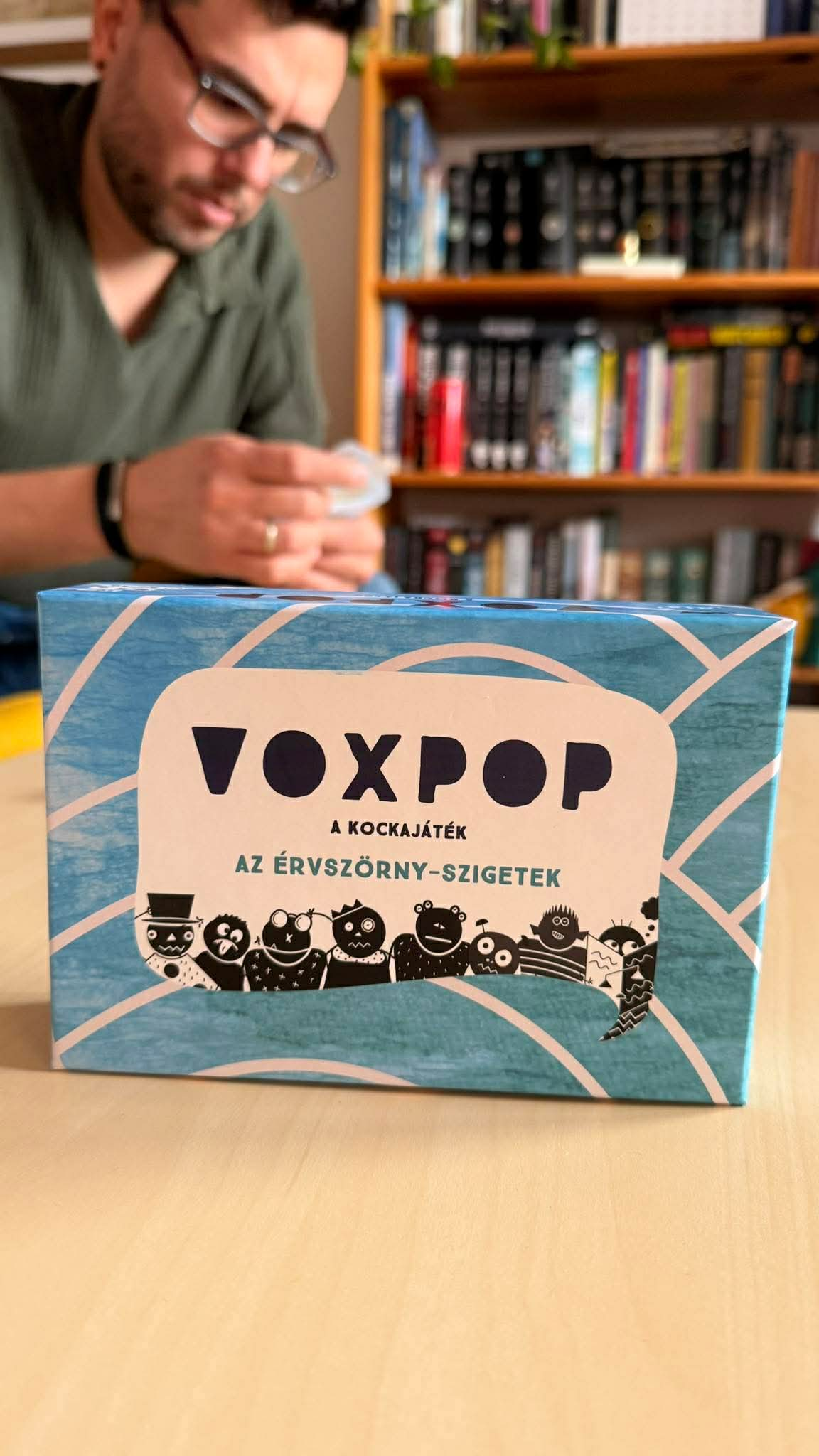Several of my training sessions and workshops have started, including multiple three-day programs. I appreciate when there is time between sessions because it allows participants to try out what they’ve learned, bring back their experiences, and reflect together. This greatly supports the learning process and adaptation. The latter is particularly important because what I know may not work exactly the same way elsewhere—each professional must tailor the material to their own context.
This week, I started working with a group of professionals who hold various positions within a foster care network. As a trainer, this essentially means that whatever they learn, understand, and come to appreciate can reach the foster parents. And if the foster parents also understand, adopt, and feel motivated, then board gaming as a valuable, developmental leisure activity can ultimately reach the children as well. I work directly with 10-15 people, but indirectly, I may have an impact on hundreds of children.
I find it simpler and prefer working directly with children, involving local professionals in the process. However, I also have to acknowledge that this approach doesn’t allow me to reach as many people. The current team is quite diverse: some are familiar with modern board games, play regularly, and are open and motivated, while others are stuck in the Uno, Sorry!, and Monopoly era but are still eager to learn. Surprisingly, there are also a few who are resistant to the idea.
I've encountered many forms of resistance, but two stand out as the most common in this group as well. The first is the "I don't like games" category—those who find them boring, difficult, or simply don’t enjoy playing. The second comes from those who don't believe in the children—assuming they won’t understand, won’t sit still, aren’t smart enough, or lack the necessary skills. In these cases, my decades of positive experience in challenging environments usually help. After all, I’ve played with disadvantaged children in a small village, engaging every age group from 3-year-olds to adults.
For the first session, I brought simple games that require minimal equipment. We explored children's games and party games, with a special focus on memory development—examining how modern board games approach and incorporate this skill.
From the key topics in board game pedagogy, we reviewed the core principles and discussed methods for balancing chances and providing advantages. Since the group was inexperienced in board gaming and had some resistance that needed addressing, we accomplished only about 70-80% of the original plan. I'll need to significantly redesign the second and third sessions. However, I enjoy challenges, so that's not a problem. Still, I strongly believe it's crucial that we have faith in our children—without that, no pedagogical approach can truly work.
How often do you still encounter a group of professionals working with children who barely know board games? In recent years, I’ve come across this less and less, but this experience was a striking reminder that it still happens.




